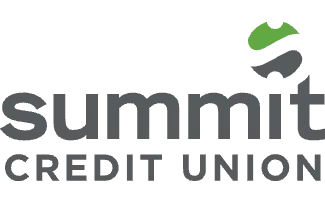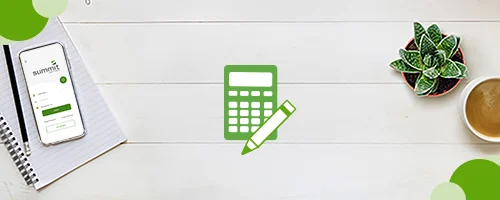4 Tips to Actually Make Money With Your Side Hustle
Financial Education
Podcast: Tips & Tricks for Opening a Small Business
Entrepreneurship
Podcast
TRANSCRIPT

4 Cash Flow Tips For Small Businesses

Steps To Starting Your Own Business

Financial Planning Tips For Small Businesses

Kim’s Business Start-up Tips
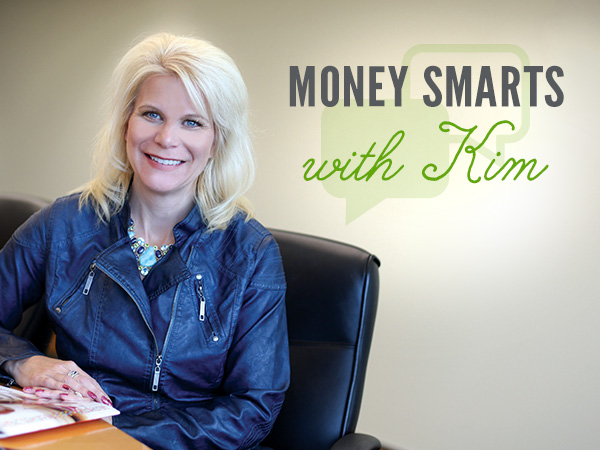
Grow Your Garden (and Savings!)

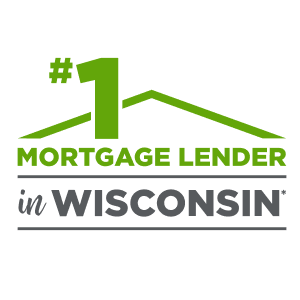
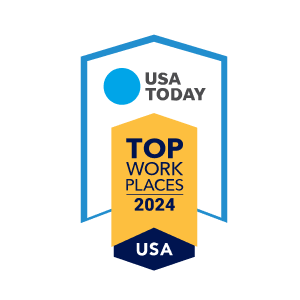
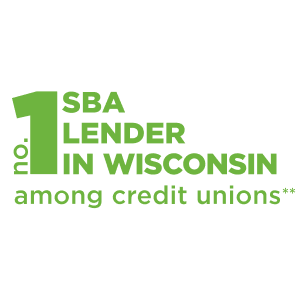
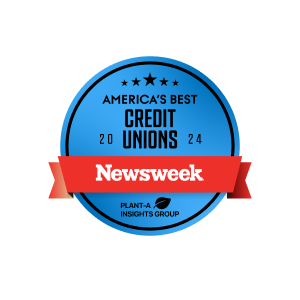
Featured Products
Financial Education
About
Help & Support





Stay on SummitCreditUnion.com
Go
Consumer Financial Protection Bureau's website.


